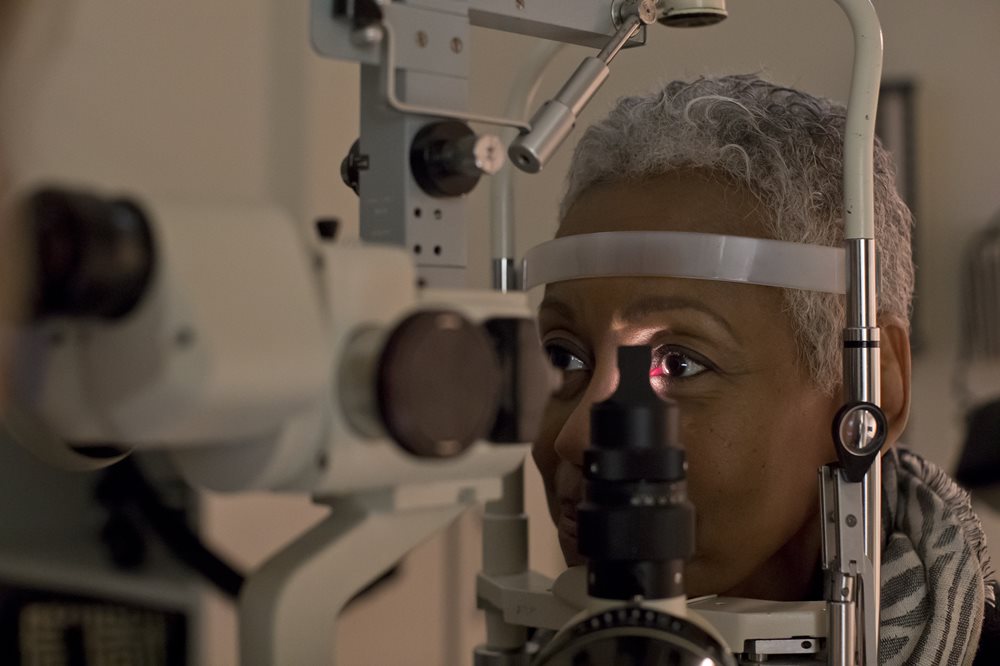The Eye Institute
Five Facts about Cataracts
 A cataract is a clouding of the lens of the eye. The eye’s lens, which is normally clear, helps us to focus. The formation of a cataract prevents light from properly passing through the retina and results in blurry vision.
A cataract is a clouding of the lens of the eye. The eye’s lens, which is normally clear, helps us to focus. The formation of a cataract prevents light from properly passing through the retina and results in blurry vision.
June is Cataract Awareness Month, a time when the American Academy of Ophthalmology stresses the importance of early detection and treatment which is critical to preserving eye sight.
Here are five more facts about cataracts:
- Cataracts are a leading cause of blindness: According to the World Health Organization, of all the cases of blindness in the world, approximately 51 percent are the result of cataracts. Although cataracts can be removed with surgery, if they are left untreated they can lead to complete vision loss.
- Cataracts develop with age: Cataracts can take years to develop and the majority of diagnosed cases are a result of age. The lens of the eye naturally becomes less flexible and less transparent as we age. As a result, the longer you live, the more likely you are to develop cataracts.
- Children can develop cataracts too: Cataracts are more common in adults, but they can also develop in children – appearing at birth or develop later in childhood. Pediatric cataracts can impact visual development and lead to amblyopia (lazy eye).
- Smoking is a risk factor: According to the National Eye Institute, smokers are three times more likely to develop cataracts as compared to non-smokers. The chemicals found in tobacco smoke can damage the lens proteins and cell membranes in the eyes, resulting in an increased risk of developing cataracts.
- Cataracts are generally painless: In general cataracts develop painlessly. Common symptoms include cloudy or blurry vision, seeing faded colors, lights appearing too bright and/or a halo appearing around lights. Cataracts can sometimes become painful when they have developed to the point where they cause extreme sensitivity to light.
As with most eye conditions, early intervention is key. A comprehensive eye exam is the best way to detect the development of cataracts. To schedule an exam at The Eye Institute, call 215.276.6111.